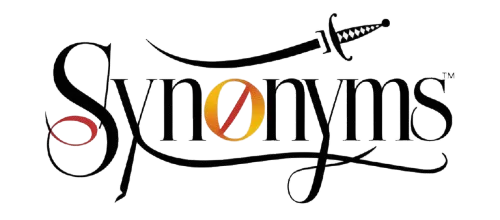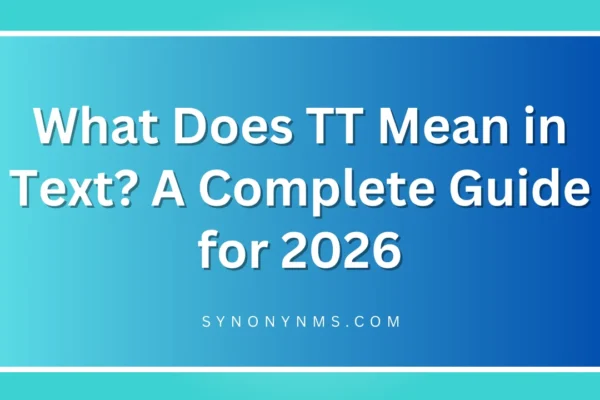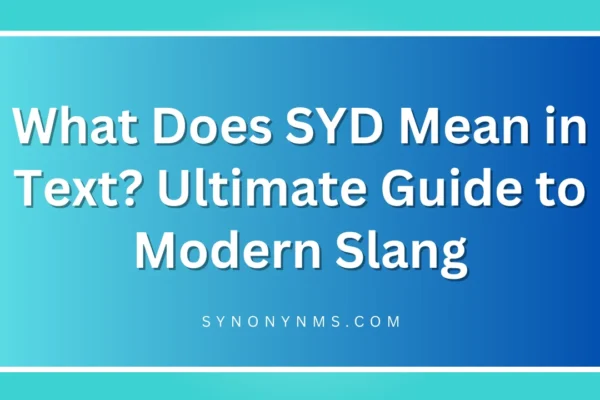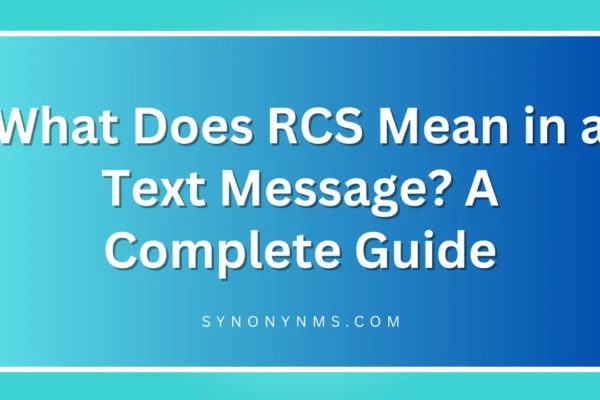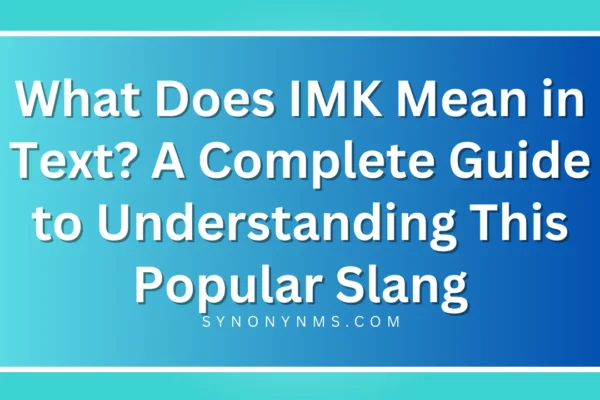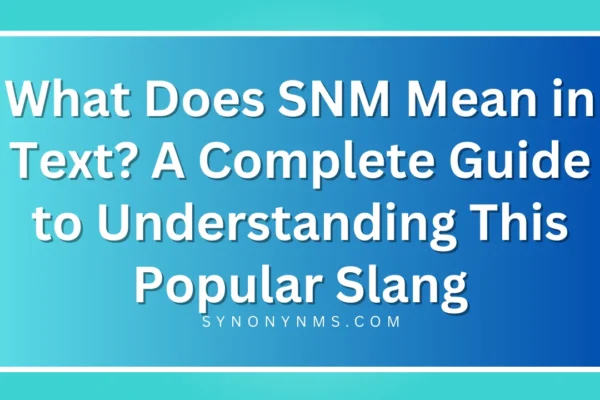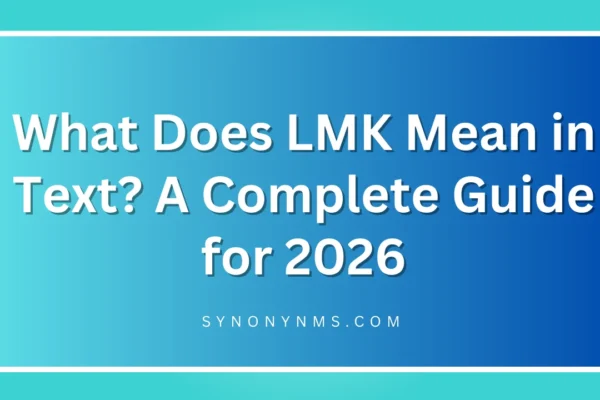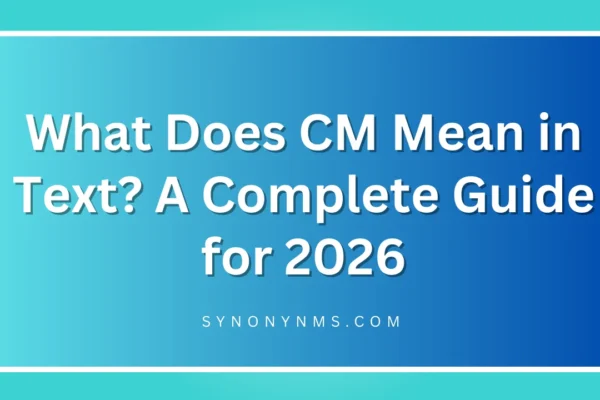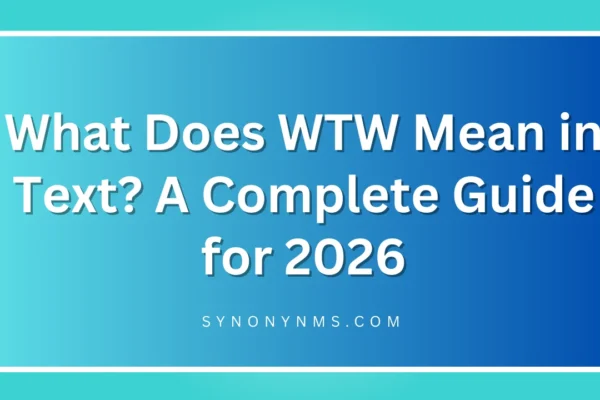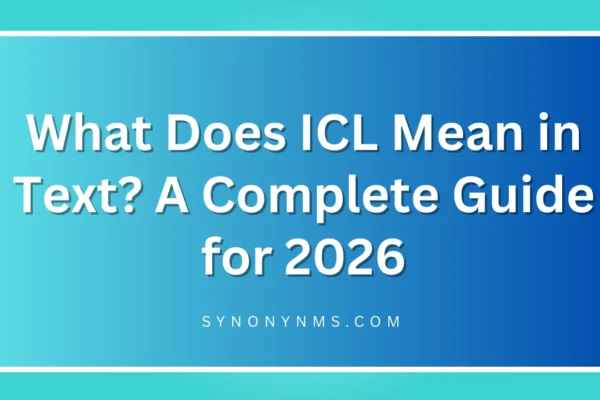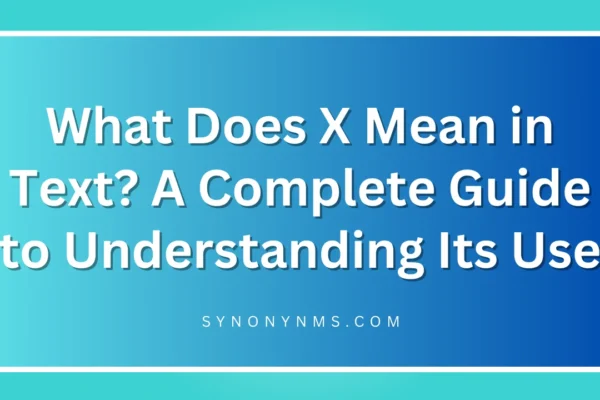
What Does X Mean in Text? A Complete Guide to Understanding Its Use
In the world of texting, emojis, and abbreviations, it’s easy to get lost. You’ve probably received a message that simply says “X” and wondered, what does this mean? Is it love? Anger? Confusion? Or something else entirely? Understanding what X means in text messages can save you from awkward miscommunications and help you read between…
